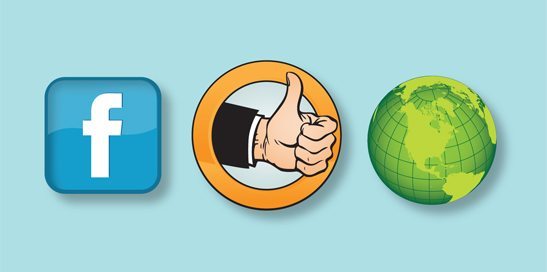Facebook is often under some kind of scrutiny in the news. Lately, this has been because of ongoing privacy complaints against the social-networking giant.
But the latest issue with Facebook isn’t about privacy, it’s about energy. An article in the NY Times highlights the issue. Greenpeace International, an environmental campaigner, contends that Facebook’s latest data center (under construction) in Prineville, Oregon, isn’t good for the environment. The data center is powered by PacifiCorp, a company that gets 58 percent of its energy from burning coal.
For a site that has more than 500 million members, Facebook’s reliance on data centers is obvious. But is this coming at a price? In the article, Lisa Rhodes, vice president of marketing and sales at Verne Global, a data center company based in Iceland, stated that “according to the Environmental Protection Agency, data centers now account for 1.5 percent of all electricity consumption in the U.S. and by 2020, carbon emissions will have quadrupled to 680 million tons per year, which will account for more than the aviation industry.”
Greenpeace is urging Facebook to switch to a more environmentally friendly source of energy. Other technology giants such as Google, Yahoo, Toshiba and Hewlett Packard have already taken steps to toward becoming greener. Google invested $38 million in wind farms and Yahoo cut 40 percent of carbon intensity of its data centers by 2014.
Yet, Facebook CEO Mark Zuckerberg is fighting back against these allegations. In a Facebook message to a Greenpeace supporter he writes: “Some of the old data centers we rent use coal, but most are already green.” He also added: “The newer ones we’re building from scratch in Oregon use hydro power from dams. We’re moving in the right direction.” Facebook representatives also added that Facebook rents data center space that is shared with other companies, making it impossible to decide what energy it’s powered with. However, the company did say that they’re moving toward larger, customized data centers with a focus on energy efficiency.
So what do you think? I doubt the thought of energy efficiency crosses our minds as we log onto Facebook. But it’s good to hear that there are groups out there committed to implementing the type of change we need for a greener future and that companies are taking responsibility and responding to it.
www.facebook.com
www.nytimes.com
www.greenpeace.org




